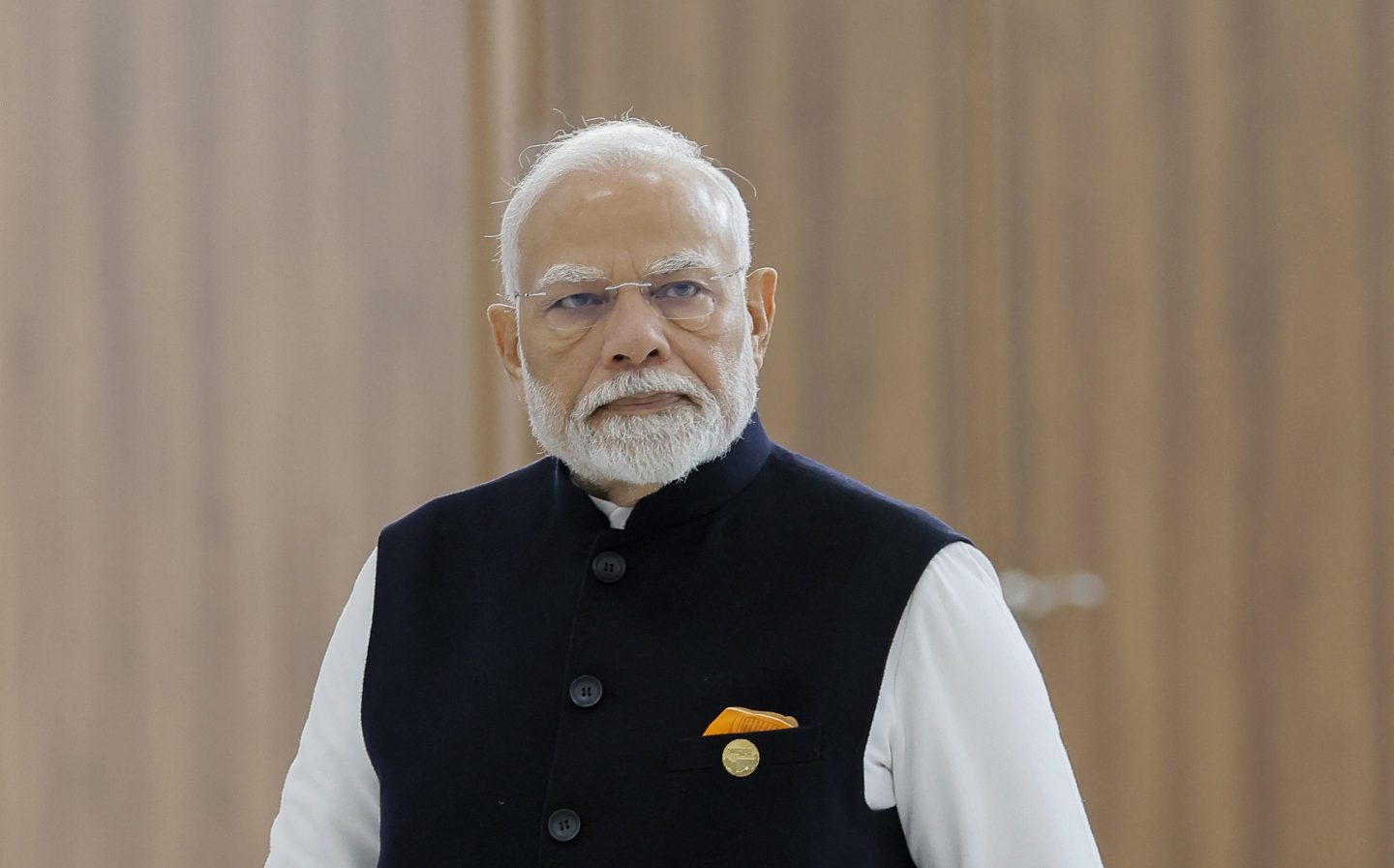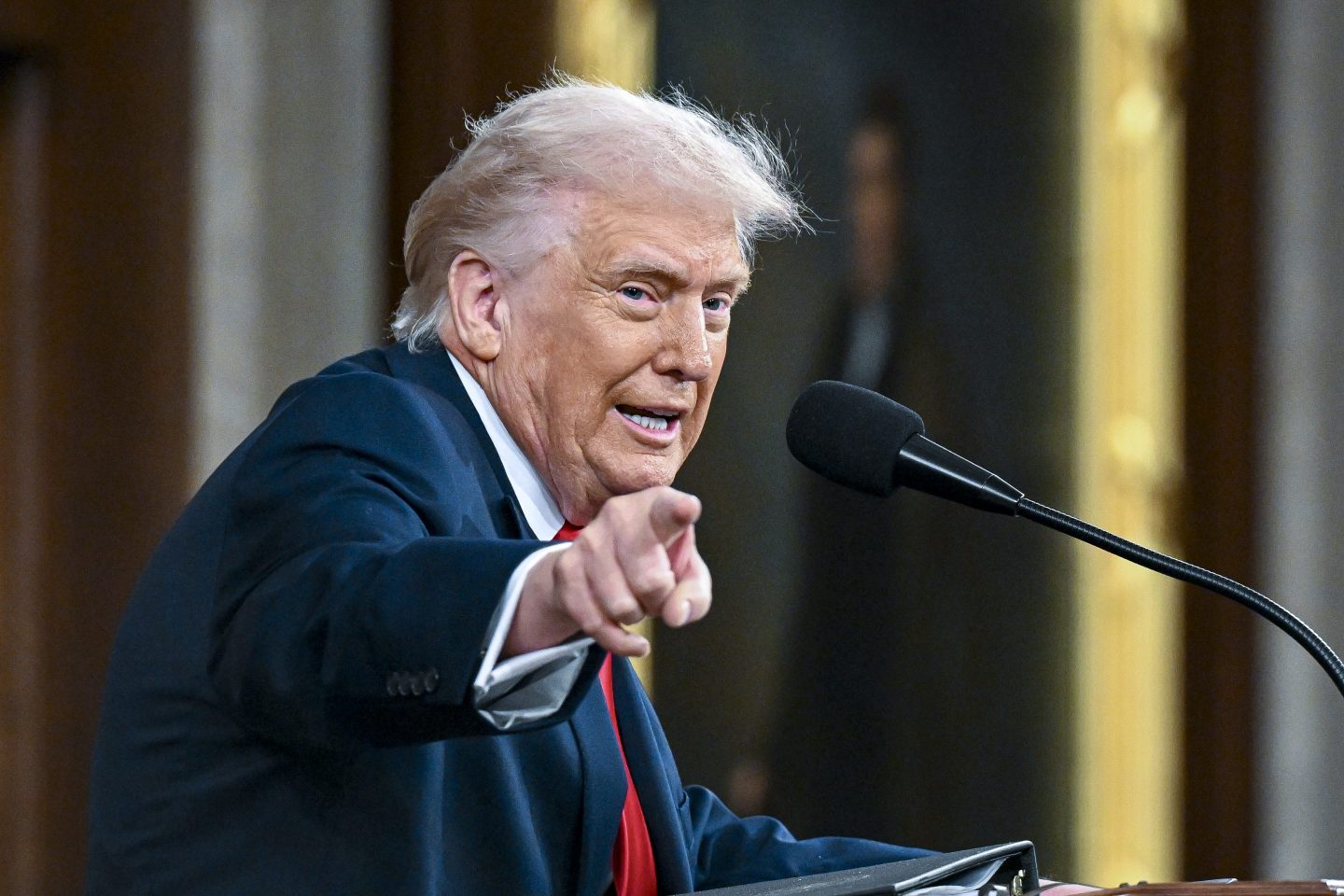Today: The U.S. stock markets closed broadly up yesterday although they remain below their all-time highs. Europe and China were broadly up this morning. US futures for the S&P 500 pointed to more gains before the opening bell.
Nvidia stock closed up nearly 4% after the Biden administration launched an investigation into the Chinese semiconductor industry — paving the way for the incoming Trump Administration to throw more roadblocks in front of foreign chip competition.
Cisco’s John Chambers suggests doubling down on India, not China
Good morning. ‘Tis the season to ponder what might happen in the new year. For that, I decided to check in with John Chambers, CEO of JC2 Ventures and former CEO of Cisco. Having written a leadership book with John called Connecting the Dots, I know how curious and connected he is. Here are his 2025 predictions, which range from a good year for the U.S. stock market to a banner year for India:
“With India, you’re seeing a country in transformation and it’s because of Prime Minister Modi’s leadership. India was the last place I would go for innovation in the ‘90s or early 2000s but a great place to go for talent. When he came in, it moved to being the best place to do startups and innovation.”
“China should have been the country that won the world’s innovation approach with startups and high tech. Most would have said that was inevitable. They are going from 1.4 billion people to 800 million [by the end of the century]. The AI world is moving with five times the speed. You can’t do top-down planning or control innovation, and you’ve got to have people trust you. Your currency in the world is your track record, your relationships, and your trust. And China’s hurting at all three.”
“I think the [AI] wave is going to be so big and so broad. It’s going to be hard for startups to survive five and 10 years out because that speed and consolidation is going to be something we’ve never seen before. And if the big guys are as effective as I think they are, they will create challenges. But if you believe that AI is at the heart of every industry, every size company, every individual, which I do, it’s a pretty bright world.”
“My advice for leaders, especially CEOs, is: embrace it. Don’t fear it. Your employees will see if you’re in fear. Every group ought to be building a plan for up to 10% productivity growth per year by function. Disrupt yourself before somebody else does.”
Also on our radar today:
- Government officials in Greenland (unsurprisingly) immediately rejected Donald Trump’s suggestion that the island should come under the control and ownership of the U.S. Trump has also trolled the leaders of Canada and Panama with various threats in recent days.
- Former Republican Congressman Matt Gaetz regularly paid for drugs and sex, according to a 37-page ethics report from Congress. “[T]here is substantial evidence that Representative Gaetz violated House Rules and other standards of conduct prohibiting prostitution, statutory rape, illicit drug use, impermissible gifts, special favors or privileges, and obstruction of Congress,” the report states.
- Ursa Major, the largest ship operated by the logistics arm of the Russian military, sank on Tuesday off the coasts of Spain and Algeria while en route from St Petersburg to Vladivostok. The ship foundered after an explosion in its engine room according to Russia’s foreign ministry.
- China’s Xi Jinping is pushing a new national effort to create an industrial supply chain that will make whatever the country needs, bolstering its economic resilience to possible U.S. tariffs that could include countermeasures restricting the supply of certain raw materials to the West. But he isn’t tackling China’s structural debt issues, critics say.
- Telegram is on track to book $1 billion in revenue, up from $350 the prior year, according to information leaked to The New York Times. The company also has $500 million in cash reserves. All despite its founder Pavel Durov being arrested in France for allegedly failing to curtail illegal activity on the platform.
From the analysts: Goldman Sachs has revised down the number of basis point cuts it expects the Federal Reserve to make in 2025. “Our own forecast for 2025 rate cuts has declined more modestly from 100bp to 75bp. The most important reason is that reports of a rebound in underlying inflation have been greatly exaggerated,” Goldman’s Jan Hatzius and his team said today in a note to investors seen by Fortune.
More news below.
Diane Brady
diane.brady@fortune.com
Linkedin
TOP NEWS
Sales of Blake Lively’s hair care line declined by 78% after alleged “smear campaign”
Actress Blake Lively sued her co-star Justin Baldoni, alleging he and his team pulled off a highly coordinated smear campaign in an effort to tarnish her reputation following the release of their film It Ends With Us. As a result, Lively’s lawyers allege, her business ventures have taken a dramatic hit.
Mobile home prices rising faster than single-family dwellings
Prices for mobile homes have shot up more than prices for newly built single-family homes in recent years, according to a study by LendingTree. Demand for mobile homes has surged amid the affordable-housing crisis.
Workers fear unemployment but won’t accept less than $81,000 salary, per the NY Fed
Despite fearing they may be jobless soon, today’s job seekers won’t accept less than $81,147—up by almost $20,000 since March 2020, according to a survey by the New York Fed. This figure is the average reservation wage of workers, which is the lowest wage at which respondents would be willing to accept a new job.
Dogecoin collapses amid crypto pullback
Dogecoin, the largest memecoin by market cap, has taken the hardest hit in the recent crypto selloff. Dogecoin tumbled 25% last week as Bitcoin fell below $94,000. After reaching a three-year high of 48 cents earlier this month, the original memecoin shed nearly half its value, falling as low as 27 cents before stabilizing around 32 cents on Monday.
AROUND THE WATERCOOLER
Starbucks’ worker strike expands to a dozen major U.S. cities after employees say the chain offered an ‘insulting economic package’, by Sydney Lake
Honey, the popular browser extension promoted by MrBeast and over a thousand YouTube channels, accused of being a scam, by Dave Smith
Former Harvard president Larry Summers slams Ivy League schools for putting ‘social justice’ over excellence, by Preston Fore
Workers won’t accept less than $81,000 for a new role right now—despite fearing they’ll be jobless soon, by Orianna Rosa Royle
This edition of CEO Daily was curated by Jim Edwards.













